Marketing is one of the major pillars of any business. Because it allows communication with the audience, marketing provides the channel to inform and educate people about products and services – thus producing sales.
Typically, the communication takes place via multiple channels like newspapers, TV, radio, billboards, sponsorships and so on.
However, in this age of seamless internet connectivity, new types of marketing strategies have emerged. Thereby, segregating digital marketing vs traditional marketing depending on the mediums used for campaigns.
Keep scrolling to learn all about digital marketing vs traditional marketing.
Digital Marketing vs. Traditional Marketing: What’s the Difference?
Back in the 90s and early 2000s, TV and radio ads really had their time. Almost all ads accompanied a witty and memorable jingle that made these brands and products a part of our childhood.
As we are swamped today with subtle online ads all over the internet, popular Indian ads represent the golden age of traditional marketing before digital marketing came to redefine the marketing industry.
So, what changed? Read on to learn more.
| Specification | Traditional Marketing | Digital Marketing |
| Aim | The fundamental aim is to create brand awareness for a large section of the audience. | The aim is to engage and then guide the audience’s journey through the marketing funnel. |
| Scope | Traditional marketing is more effective for the older population. | Digital marketing is more suitable for the younger tech-savvy population. |
| Reach | Conventional marketing strategies have limited reach which restricts the marketing campaigns to a geographical area. | Digital marketing campaigns can reach a global audience without any geographic restrictions. |
| Medium | Traditional marketing uses conventional mediums like newspapers, radio, TV, billboards and posters to promote brand or product awareness. | Digital marketing uses the internet to promote a brand through search engines, social media ads, website ads etc. |
| Communication | Uses one-way communication; the audience plays a passive role. | Promotes two-way communication; the audience plays an active role. |
| Cost | Due to its widespread distribution, traditional marketing operations tend to be more expensive. | Digital marketing is a targeted effort which makes it less expensive in the short term. |
| Customizability | Once the campaigns are out, there is no scope to edit or customize them. | Even in the middle of a campaign, marketers can customize it for better performance. |
| Performance Tracking | Tracking the performance or effectiveness of conventional campaigns is not easy. | Tracking the performance and effectiveness of digital marketing campaigns is straightforward with tools like Analytics, SEMrush, and Google Ads. |
| ROI | Traditional marketing is a hit-or-miss approach which characteristically produces lesser returns. | It is precise and accurate – thus producing higher returns on investments. |
| Conversion | The conversion rate is lower in traditional marketing. | Offers higher conversion rate with better leads. |
| Outcome | Generally, the campaign outcome is slow and less effective. | The results of the campaigns are quick and more effective. |
| Targeting | Targets a wider audience in a geographical location. | Targets audience with specific characteristics or preferences across different geographical locations. |
What is Traditional Marketing?
Traditional marketing refers to conventional strategies for promoting a brand or a product to consumers. It uses established channels for communication including, television, radio, newspapers, flyers, billboards, text messages etc.
Why Choose Traditional Marketing?
It is the most common marketing method that has been used by businesses for decades. Even today, in the debate between traditional marketing and digital marketing, traditional marketing offers enhanced customer engagement and boosts the credibility of the brand.
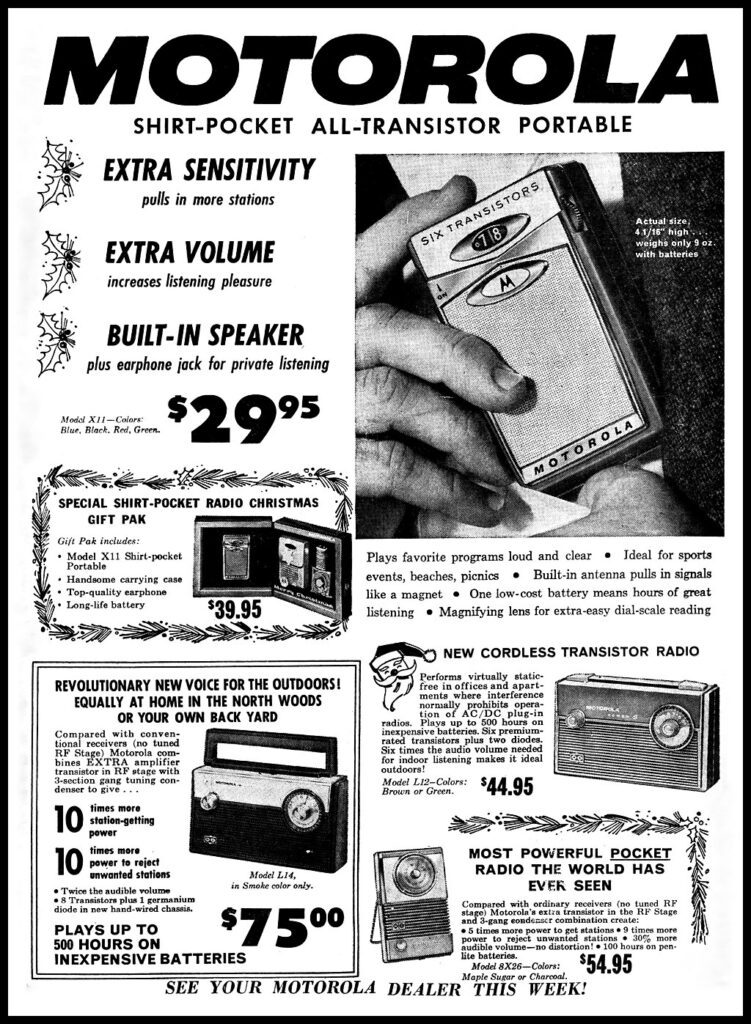
For instance, the above newspaper advertisement dates back to 1959 when Motorola would sell transistor radios. It is this strong brand identity that the brand leveraged to transition into different markets and products in later days.
Reason why, many brands leverage conventional advertisement strategies to develop a robust brand image in society. The following are some of the features of traditional marketing:
- Creates intimate engagement between a brand and the audience
- Able to target the offline demographic
- Can foster wider brand awareness through billboards and event sponsorship
- More suitable for local businesses to create immediate impact
- Targets larger audiences with general advertisements across newspapers and TV to enhance brand value.
What is Digital Marketing?
Digital marketing is an umbrella term including multiple marketing strategies like search engine optimization, content marketing, email marketing, Google Ads, search engine marketing, influencer marketing, and affiliate marketing.
As the name suggests, digital marketing relies on the internet to generate awareness and curiosity among the audience to attract potential customers and convert them into paying clients.
Why Choose Digital Marketing
The benefits of digital marketing cannot be overstated. It offers more power and control to marketers to optimize and adjust a marketing strategy for optimal results. Enhanced customizability offered by digital marketing allows micro-targeting of the audience, thereby producing higher returns on investments for businesses.
Also, digital marketing strategies are mostly non-intrusive. The following is an example of Google Ads which shows against relevant search queries.
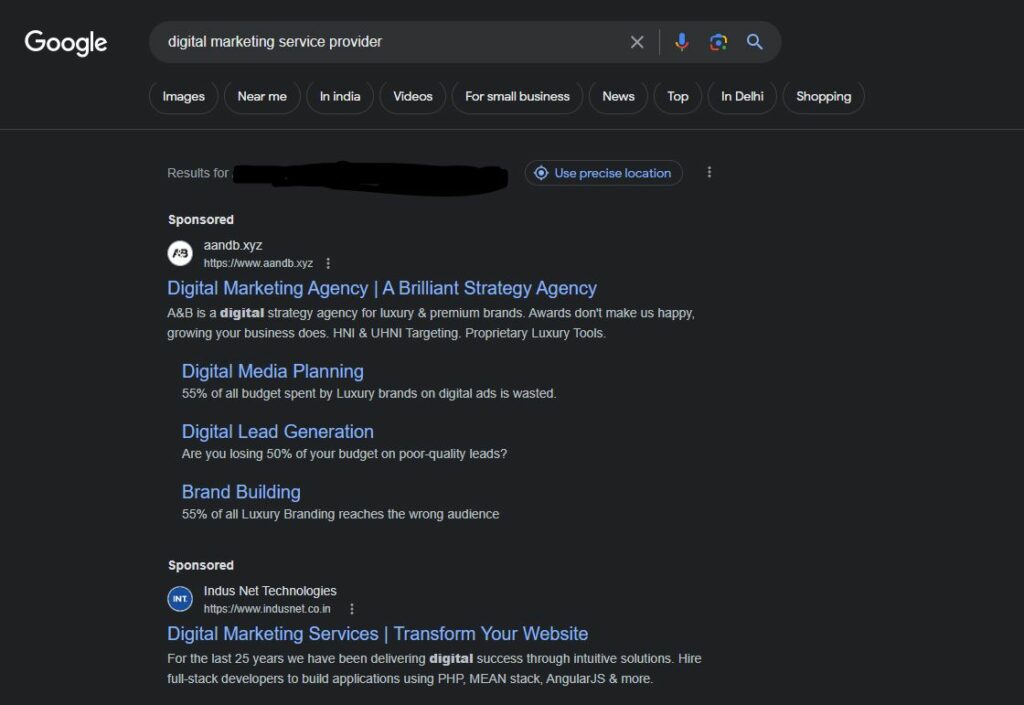
So, the ad will be seen only by people who are using the particular search query, ensuring higher CTR and qualified lead generation.
Some of the vital features of digital marketing include:
- Cost-effective
- Produces higher return on investment
- Can target the global audience
- Allows data-driven performance tracking of ad campaigns
- Enables customizability of the campaigns.
- Can be implemented with minimal budget allocation.
Pros & Cons of Digital Marketing
While marketing using digital channels are more seamless and efficient, online marketing has its own share of pros and cons. Learn about it below to make an informed decision:
Pros
- Offers flexibility
- Promotes two-way communication between business and audience
- Cost-effective solution
- Promotes informed decision-making with data-driven strategies
- Can have global reach without additional costs
- Allows micro-targeting the audience as per buyer persona for better results
Cons
- Mostly useful for an urban tech-savvy audience
- Easy to ignore with ad blockers
- Conversion is not straightforward
- Needs skilled professionals to assess the campaign performance
Pros & Cons of Traditional Marketing
In spite of being typical and old-school, conventional marketing strategies have its own share of advantages for certain category of businesse. Here is list of the pros and cons of the same:
Pros
- Strong relationship with audience and customers
- Target audience across all age groups
- Has more credibility
- Enhances brand value
- Useful to target offline users
- Wider impact
Cons
- Less scope for customization
- Difficult to track the performance of campaigns
- Can be expensive
- Restricted by geographical limitations
Digital Marketing vs Traditional Marketing: Final Verdict
One key difference between traditional marketing and digital marketing is that digital marketing offers marketers more control than conventional forms of marketing.
While the job of traditional marketers ends with releasing a campaign to the public, digital marketers continue to look closely into the campaign to gauge its effectiveness.
Digital marketing allows better control to nurture leads by guiding a user through different stages of the marketing funnel. This produces more effective conversions that stick around.
So, adopting a mix of both can be the best strategy for any business. Because digital marketing takes care of the present concerns about business and driving ROI, traditional marketing ensures to future-proof the business against competitors by establishing an unparalleled reputation.
Takeaway
Having learnt all about the difference between digital marketing and traditional marketing, it should be fairly easy to make an informed decision now.
To put it in a nutshell, digital marketing can efficiently take care of the present here-and-now stuff to boost your market reputation and draw new customers.
While digital marketing is more effective at driving business, traditional marketing strategies like offline advertisements work better to create an enduring brand image in the market.
Frequently Asked Questions
1. Is digital marketing more costly than traditional marketing?
Typically traditional marketing is costlier than digital marketing. Thanks to the multiple channels and strategies, digital marketing proves less costly than conventional marketing strategies.
2. What is an example of traditional marketing?
Ad commercials on television are one of the most prevalent forms of traditional marketing strategies.
3. What is the difference between traditional and new marketing?
The vital difference between traditional and new marketing strategies is the medium used to run the campaigns. While traditional marketing utilizes physical communication channels like TV, newspaper, billboards etc. new marketing or digital marketing leverages the power of the internet to promote a brand or product.
4. What is SEO in marketing?
SEO or search engine optimization is an important type of digital marketing where webpages are optimized to increase visibility and drive new audiences to the website.
5. What are the types of digital marketing?
Some of the popular types of digital marketing include Search Engine Optimization, content marketing, affiliate marketing, email marketing, social media marketing and PPC marketing.

Achinta Maity, a former professional SEO content writer for Das Writing Services, is currently working as an SEO Analyst. During his long tenure as a writer, he has worked for multiple clients from various industries, including finance and digital marketing. Due to his passion for writing and sharing knowledge, he contributes to our blog besides working as an SEO Analyst. For any queries, you can contact him on his LinkedIn profile.
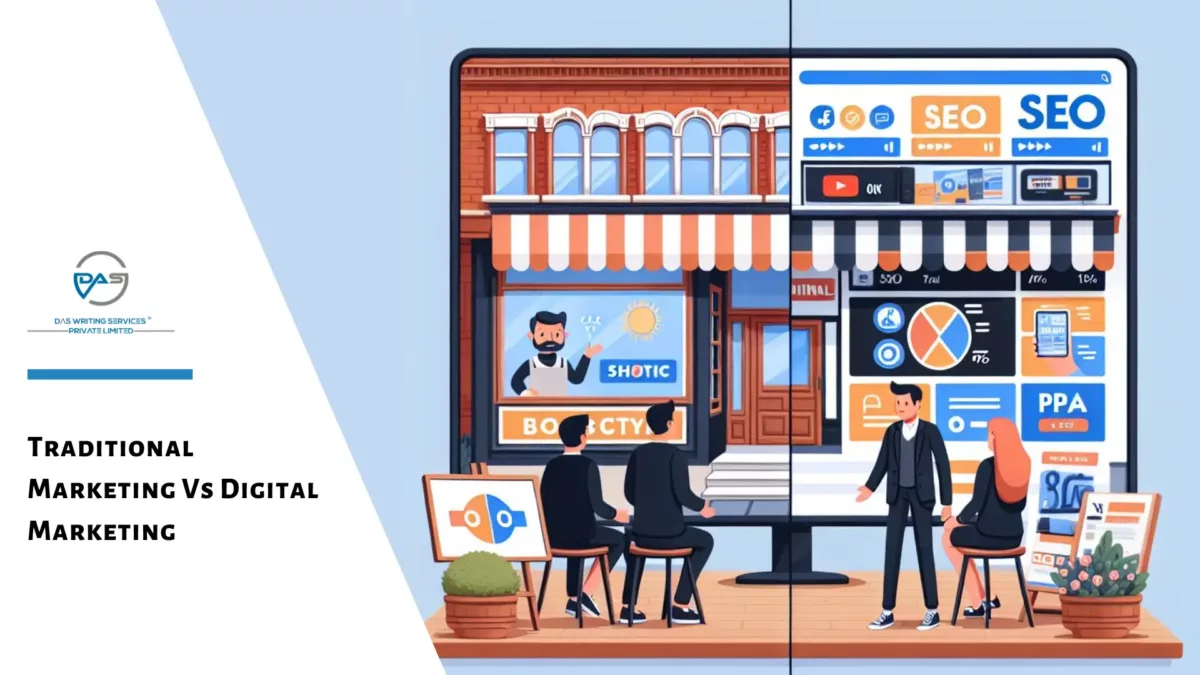
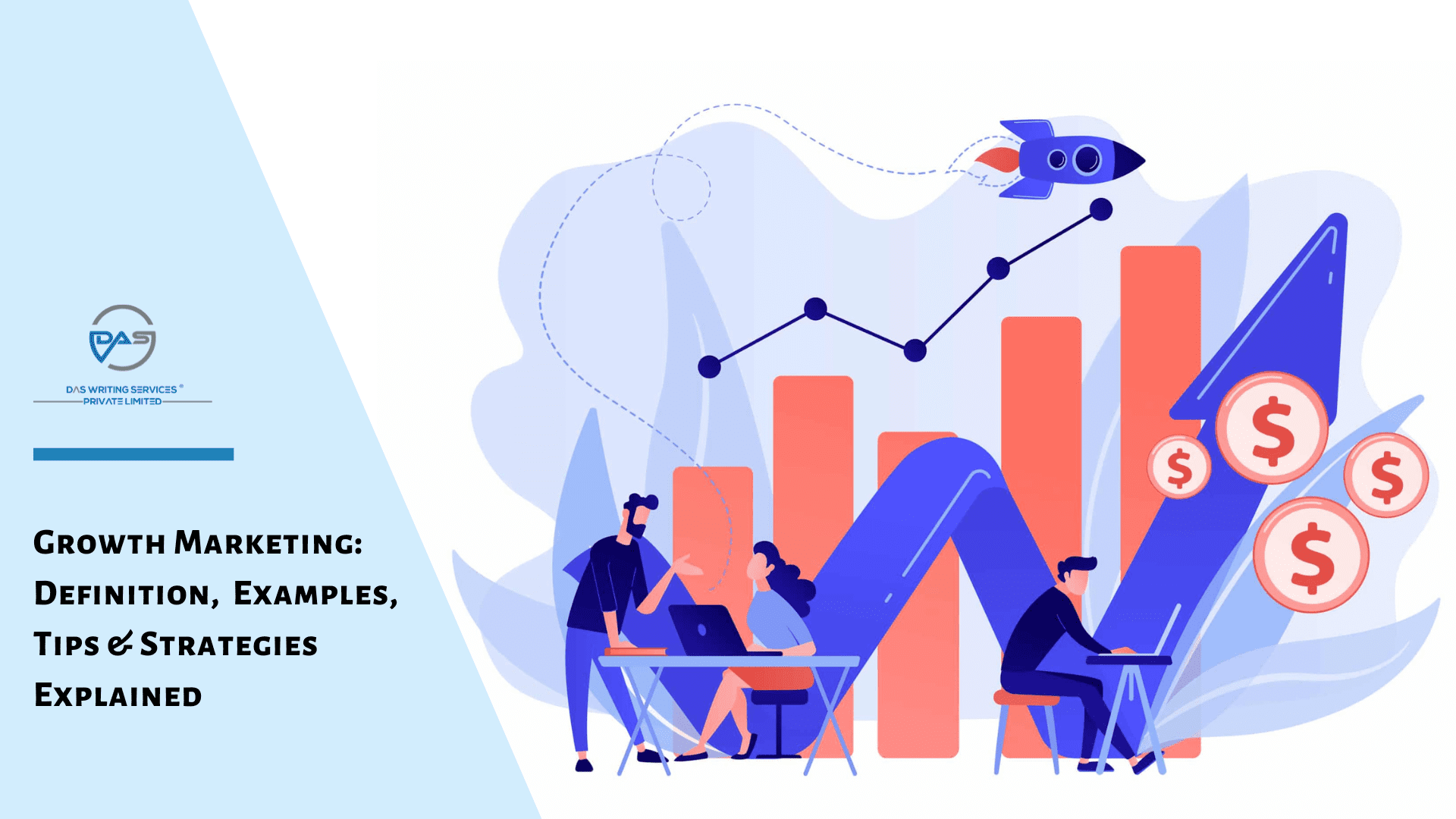
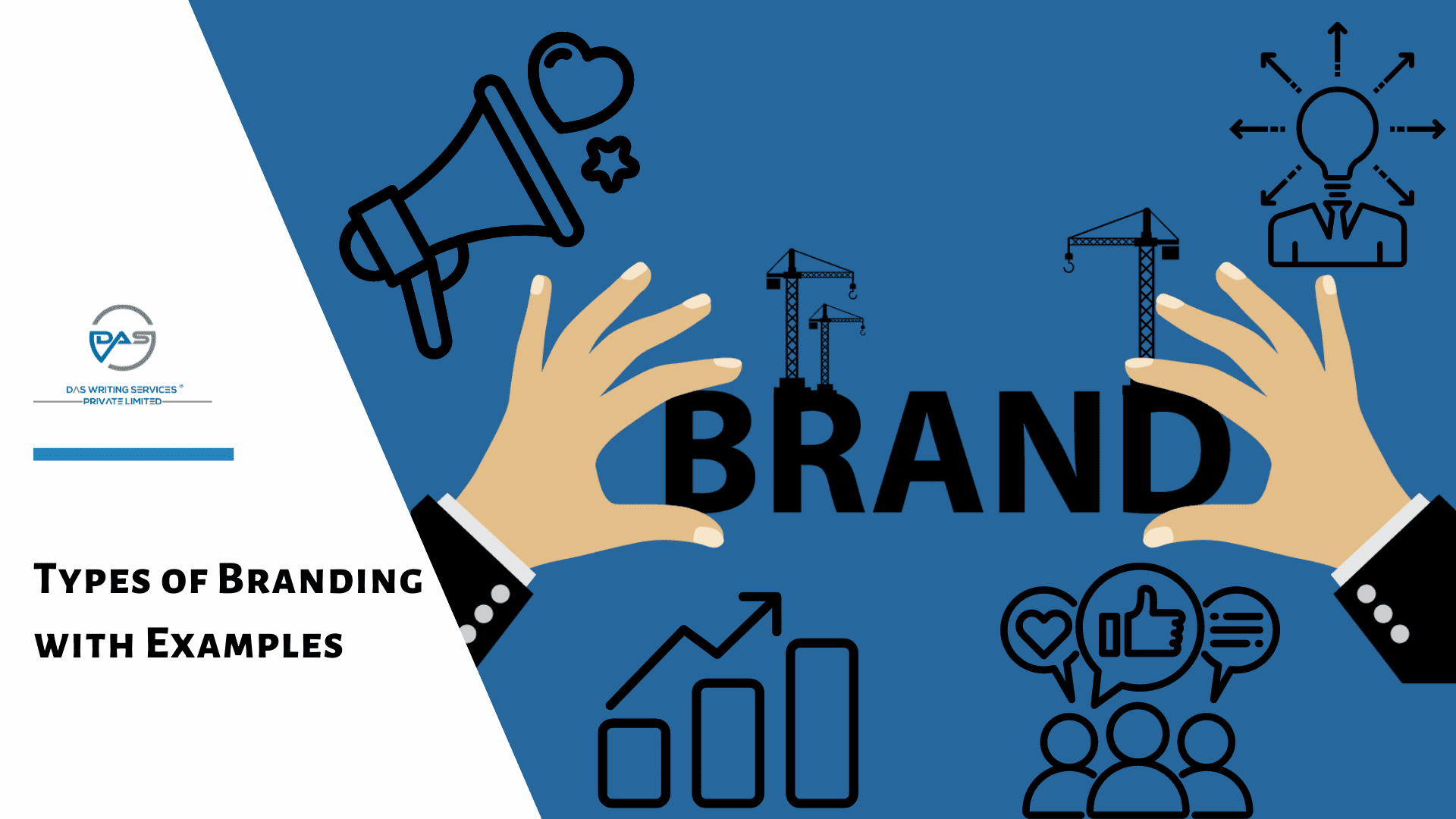
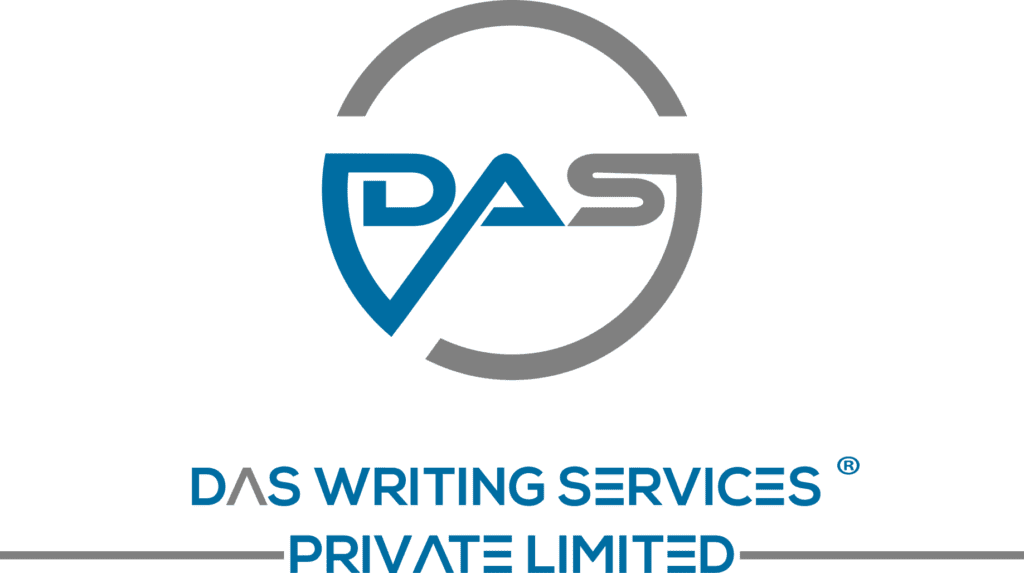
Leave a comment
All comments
Shankari Roy
I used to think traditional marketing was outdated, but this blog showed me how it still plays a vital role in building brand credibility.
Teg Bahadur
Thanks for the insights! The pros and cons sections really helped clarify the strengths of each marketing types.
Anupam
Thanks for sharing insights into digital vs traditional marketings.